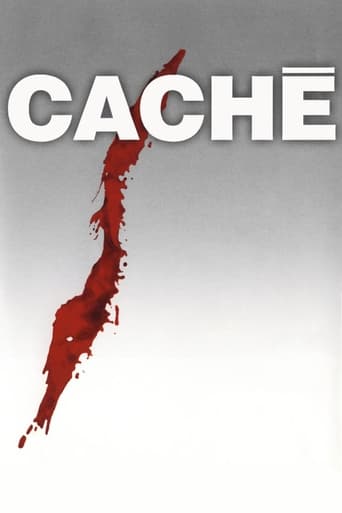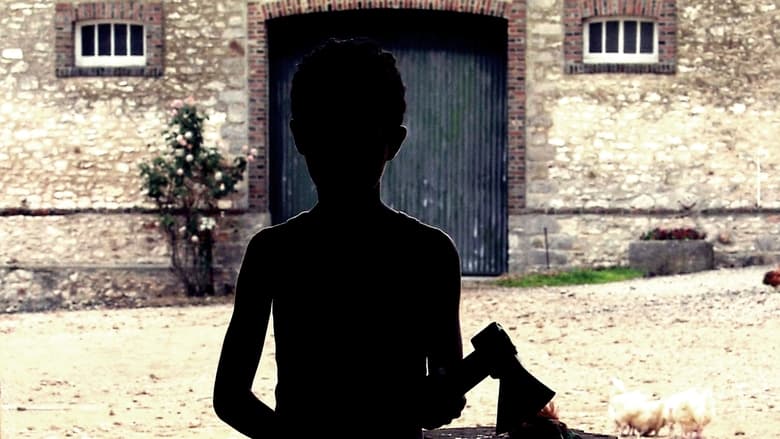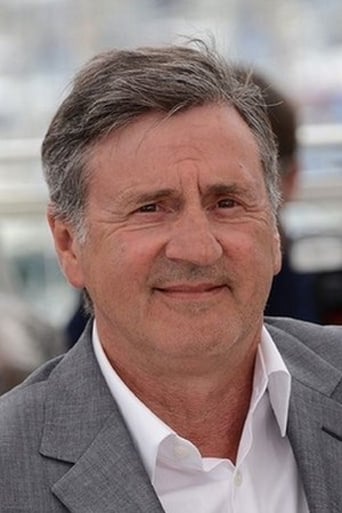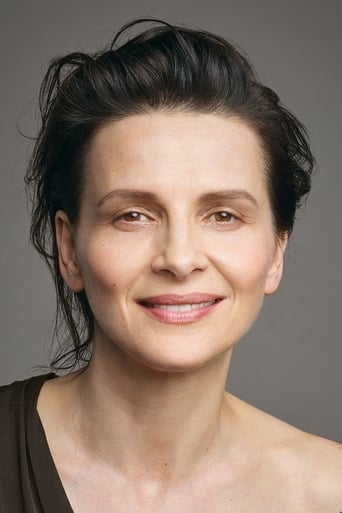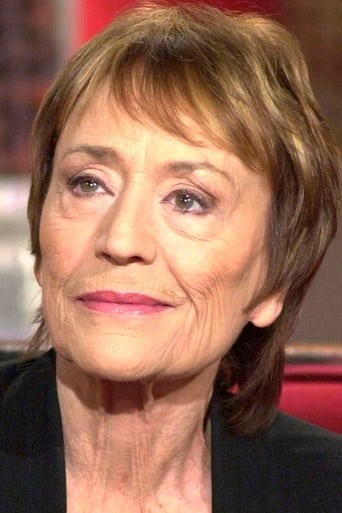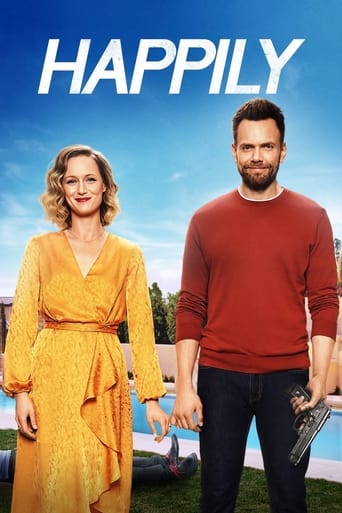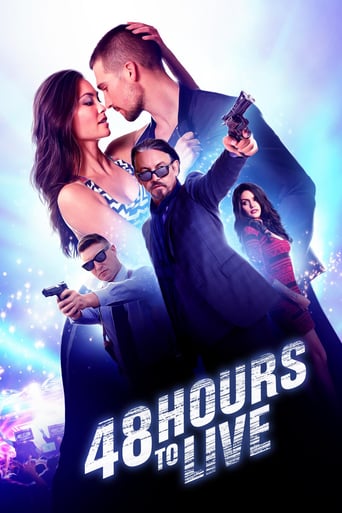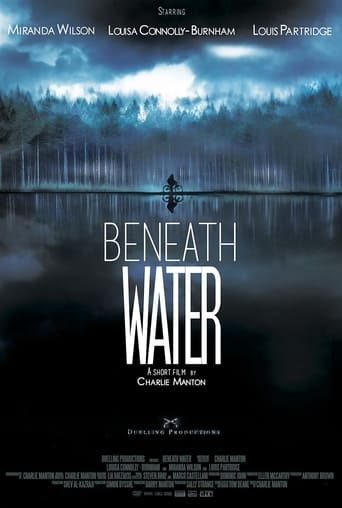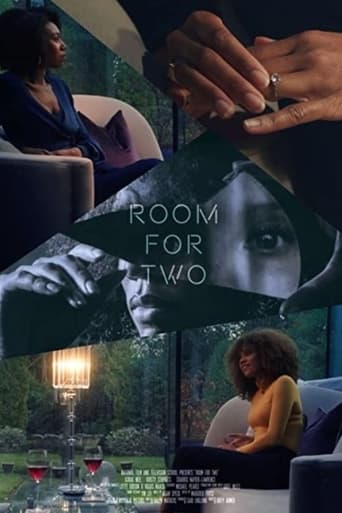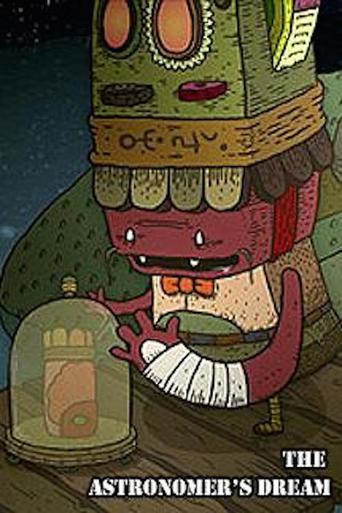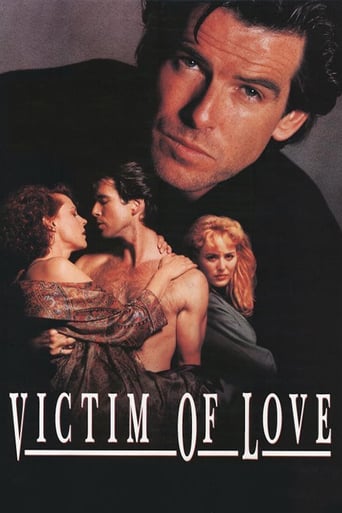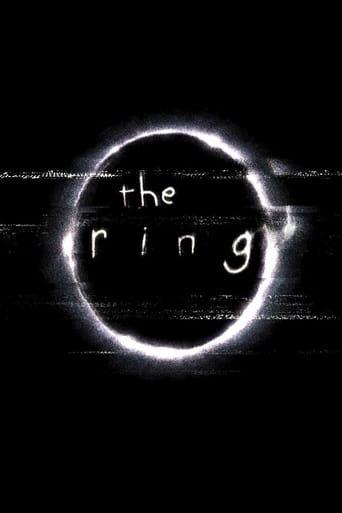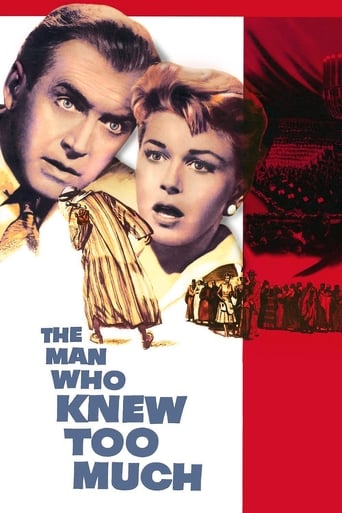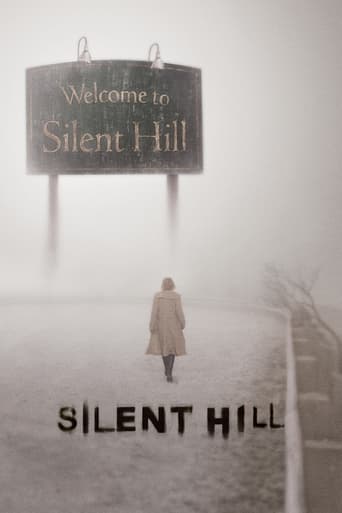Caché (2005)
A married couple is terrorized by a series of videotapes planted on their front porch.
Watch Trailer
Cast


Similar titles
Reviews
I love this movie so much
Simply Perfect
Memorable, crazy movie
How sad is this?
Not even close to a masterpiece as I was led to believe. Themes on guilt and trust does work with some excellent performances. But it seems to me that the director tries to inflict the collective guilt forcefully by using some scenes and dialogues rather than conveying through the natural flow of the film. It's especially visible because how rest of the film plays out and the scenes that's supposed to be shocking isn't as impact full as it could have been. The simple high definition digital cinematography (however good the staging is) and the dull pacing highlights the faults because of what this could have become. The status of the director and the forced messages seems to be the reason for the reception of this film in my view.
Film Review: "Caché" (2005)Since "Cannes 2000" with every new and upcoming film in-competition at the so-called "Superior World Cinema Festival" located in South of France, director Michael Haneke, also responsible for another highly-conceptual "what if" original script, convinces as supremely directs star actors Juliette Binoche as faithful wife Anne and Daniel Auteuil as her husband married happily, living quietly under no further conditioning pressures, at a quiet corner of Parisian suburbia, when a videotape arrives, showing a steady-angled shot pointing onto their front door, breaking open the emotional landscape of the couple to the core of existence.Auteur-director Michael Haneke uses every second of his 110-Minute-Final-Cut to build another social "on-screen" experiment to terrorize the spectator with strangle-holding suspense, which eventually leads inevitable into human conflict with no "rights" or "wrongs" given; You, me, the spectator must decide by the end of it where the moral, the ethics of human conduct lies.Supported by sublime scenes of single-to-two-times encounters with character actors Maurice Bénichou and Annie Girardot as Daniel Auteuil's on-screen mother in order to give the audience a break, when the nemesis character lays within the supports, which bound to give answers of "why" the hidden surveillance, but then again the mystery prevails throughout in "Caché"; arousing seldom-felt emotions in a movie house's auditorium as fresh in conception since World-premiering presentation under fellow director's Emir Kusturica, who announced Cannes Jury Président, just favoring at competitive conclusions a much more emotionally-straight as obvious "L'enfant" directed by Jean-Pierre and Luc Dardenne toward a weaken "Palme d'Or" winner in the festival's 58th edition.Copyright 2018 Cinemajesty Entertainments LLC
Caché overlays its opening credits with a long shot of a suburban home, boxed in and framed by the surroundings in what is an intensely voyeuristic tone. We believe we are staring alongside the mysterious stalker and photographer. And then the tape suddenly rewinds, and the voice-over of Georges and Anne begin to contemplate, and Haneke has completely marred the objectivity of the camera. He continues to do so throughout as we return again to the same unblinking angles of surveillance. In one moment, he mimics the opening shot, but slowly dollies away as the couple leave and walk over to their car, and we have once again been fooled. He will shoot a conversation in close- up, under the guise of intimacy, and then revisit it in one of the haunting tapes that the family receive, at another angle that seems inexplicably obvious to the eye. Characters walk past the camera, and seem to not notice its presence at all, which heightens the mystery and terror around how exactly it is being done. In a rather candid moment early in the film, the couple are crossing a road, and a biker almost runs over Georges. The pair being to angrily blame each other, not willing to admit their faults. One could suppose that the colour of the biker's skin unveils a undercurrent of racism in the character of Georges, which ties into the post-colonial backdrop of the Algerian massacres that Haneke seems to have twisted a metaphor out of. Yet I think that Georges would have reacted the same way had it been another ethnicity. He is quick to lay blame and hide his faults. More than once, he is goaded into physical escalation and confrontation by other characters. He does not bite, of course, but prefers more underhanded methods. He threatens and accuses, and withers in the face of these when directed at himself. Interspersed with the incidents are more mundane elements of their daily lives; dinner with friends, work, attending their son's swim meets...but these begin to be invaded by Georges' conscience, and he is haunted by dreams of his past. The camera-work takes on the same shaky, unnerving aesthetic as the recorded tapes, and we being to understand just how vivid these childhood memories still are in his mind, and how he tries to will these back down deep. Much of the film uses natural lighting that is harsh and unforgiving, so much so that in his confession Georges tells his wife to switch off the lights, hoping to be afforded some sort of solace. It is to no avail; the deed still rings true, as does the guilt he carries deep into adulthood. The film is silent, too, and composed in many long takes, which gives Daniel Auteuil much to work with. Watch how he squirms as Majid shockingly slashes his throat; not with horror, but with a disgust and desire to get far far away and rid himself of any responsibility or blame for the death. Haneke has expressed his opinion of the film as a critique towards American cinema, and how it often uses violence as a superficial solution. That is most obvious in the way that Georges consistently avoids physical confrontation, and the ending, which has left many unsatisfied because of the perceived lack of proper closure and reveal of the culprit. And he succeeds because of this reaction; it would be all too easy for him to slip in a little clue in a brief shot of a background, a tiny key to unlocking the puzzle. And that itself would be easily identified and give many viewers a great pleasure in deciphering it - nothing does get past the internet these days. But Haneke does not do that. He worms his way into ours and Georges' minds, and undermines the rationality in which we are supposed to process these events, and that makes it terrifying. There is no logic in emotional guilt. Georges comments that the tape's quality is too clear to have been shot through a window, and resolves to pinpoint the exact location of the camera. Later, as he waits for traffic at a crossing, the camera captures his full body clearly, before it moves back and reveals that he has been shot all this time through a glass door. I suppose an American version would insert a twist of sorts, something that would make us rewind and slowly examine each scene much like they do in the opening, for the little clue that reveals everything. Or maybe, god forbid, they would make Georges' himself the culprit of the tapes, and chalk it up as some kind of mental delusion. Haneke makes this intensely personal, and very upsetting.
Austrian screenwriter and director Michael Haneke's eight feature film which he wrote, premiered In competition at the 58th Cannes International Film Festival in 2005, was screened in the Masters section at the 30th Toronto International Film Festival in 2005, was shot on locations in France and Austria and is a France-Austria-Germany-Italy co-production which was produced by producers Veit Heiduschka and Margaret Ménégoz. It tells the story about a 46-year-old talk show host named Georges Laurent who lives with his wife named Anne who is a book publisher and their son named Pierrot who is a student, in a house in Paris, France. After having received obscure drawings and videotapes indicating that he and his family is observed, Georges reports it to the police who are prohibited from doing something as nothing has happened and then decides to solve the case on his own. Distinctly and precisely directed by Austrian filmmaker Michael Haneke, this finely paced fictional tale which is narrated from multiple viewpoints though mostly from the main character's point of view, draws an increasingly intriguing portrayal of a French father and husband whom after learning that someone anonymous is trying to tell him something through enigmatic messages begins remembering his relationship as a six-year-old child during the Algerian War of Independence in the early 1960s with an immigrant named Majid whom his parents adopted. While notable for its naturalistic milieu depictions, reverent cinematography by cinematographer Christian Berger, production design by production designer and actor Emmanuel de Chauvigny and production designer Christoph Kanter, efficient film editing by film editors Michael Hudecek and Nadine Muse and use of sound, colors and light, this character-driven and narrative-driven story about a conscious, intentional and life-altering lie which has marred the life of an Algerian father whose son has begun communicating in clandestine ways with the person he regards as responsible for his and his family's sufferings, depicts a perspicaciously internal study of character and contains a timely score by composer Ralph Rieckermann. This ambiguously heartrending, somewhat historic and conversational drama from the mid-2000s which is set mostly in the capital city of France in the 21st century and where a son is with his friends and at swimming practice and his mother starts spending her time with a friend named Pierre whilst her intellectual spouse whom is not willing to recognize his own wrongdoing accuses a childhood acquaintance of seeking vengeance, is impelled and reinforced by its cogent narrative structure, substantial character development, subtle continuity, examination of moral injustice and the understated and involving acting performances by French actor, screenwriter and director Daniel Auteuil, French actress and artist Juliette Binoche and French actor Maurice Bénichou. A densely psychological, quietly reflective and acutely concentrated narrative feature which gained, among numerous other awards, the Prize of the Ecumenical Jury at the 58th Cannes Film Festival in 2005.

